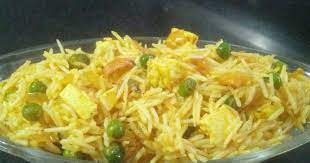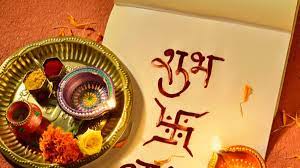The most well-known filter copy in the world is from India
The greatest coffee in the world is India’s filter coffee. Possess the greatest flavour and sensation to complete your day. To taste the greatest coffee in the world, try this filter coffee now.

India’s filter coffee has gained a lot of global acclaim. Coffee’s distinct flavour and lengthy history make it a truly distinctive beverage. It’s still unknown where filter coffee originated. It is said that during the colonial period in Karnataka, south India, coffee first appeared. An earthy bitterness is added to the coffee by roasting a root vegetable. A highly special two-chambered stainless steel filter was used to make the coffee. Percolation is the process of gently letting hot water seep into the coffee granules. The outcome of this technique is a robust and aromatic coffee.
India’s Filter Coffee: A Flavorful and Traditional Brew*
Few drinks are as mysterious and alluring to coffee connoisseurs as India’s renowned filter coffee. With its rich flavour and smooth texture, this fragrant beverage has won over tasters worldwide and cemented its status as a treasured representation of Indian cuisine. Take a trip back in time with us as we explore the cultural importance of India’s filter coffee’s ascent to popularity and trace its long and illustrious history.
An Ancestry of Custom: The History of Filter Coffee
The history of filter coffee in India begins in the 17th century, when Muslim pilgrims visiting Mecca brought coffee to the area for the first time. Because of the favourable temperature and soil conditions in the area, the lush hills of Karnataka, especially the regions of Coorg and Chikmagalur, quickly became productive territory for coffee growing. This is where the craft of filter coffee brewing originated, mixing regional methods with global inspirations.
The Ideal Combination: Coffee, Chicory, and Method
The ideal combination of coffee beans and chicory, a bitter root that gives the drink depth and complexity, is at the core of India’s filter coffee. The beans are usually purchased from South Indian plantations, where they are expertly roasted to a proper consistency and then crushed to a coarse texture. Chicory was first added to coffee in the 19th century by British colonists, and it adds a unique flavour character while balancing the coffee’s acidity.
Brewing Techniques: From Filter to Cup
An essential component of making filter coffee is the traditional brewing procedure, which calls for a special set of tools called the “filter set.” This device, which consists of a cloth filter, a tumbler or dabarah, and a metal cylinder with perforations, is used to brew coffee via a procedure called “decoction.” Ground coffee and chicory are combined with hot water, and the combination is allowed to gently percolate through the filter to produce a tasty and rich drink.
Cultural Significance: The Ritual of Coffee
In India, making filter coffee is not merely a ritual that unites people but also strengthens their feeling of community. The scent of freshly brewed coffee fills the air, from roadside stands to traditional houses, heralding the beginning of spirited talks and moments of shared companionship. The skill of making filter coffee is handed down through the generations in South Indian homes; every cup is a living example of the tradition and skill that have endured throughout time.
An International Mystery: From Bengaluru to Brooklyn
India’s filter coffee has gained fame and praise internationally in recent years, surpassing cultural barriers. Nowadays, cafes and specialty coffee shops all over the globe provide their own takes on this well-liked beverage, taking cues from its distinctive flavour profile and rich history. India’s filter coffee, whose tradition is as lasting as the hills from where it began, continues to enchant coffee lovers worldwide, whether they enjoy it as a leisurely afternoon treat or as a morning pick-me-up.







